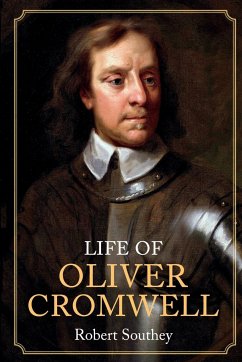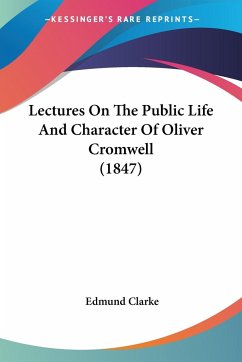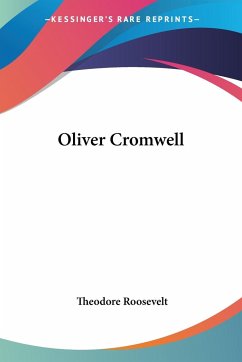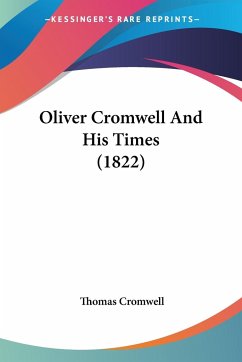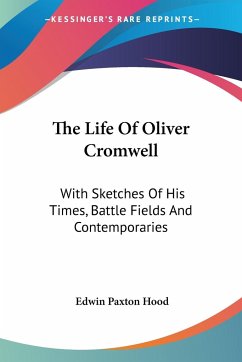Why was Oliver Cromwell selected as one of the ten greatest Britons of all time in a BBC poll? And yet, why was his corpse dug up, hung in chains and beheaded? Read on. It's the case with every great man in history that we don't know how he became great. Steve Jobs. Churchill. Jesus. Muhammad. But how? What shaped their character? What paved the way for them to rise into such a position that we still read about them centuries after their death? This book answers all these questions about Oliver Cromwell. It's not just a recount of his education and rise to power. It's a dive into the most intricate details of his life. What traumas he endured during his childhood, his feelings about literature, his mistakes and regrets, it's all here. Cromwell is one of the most controversial figures in the history of the British Isles, considered a dictator by half of historians and a hero of liberty by the other half. This book shows you why, and lets you judge for yourself. Here's a brief description of Cromwell by the author: "Being a resolute man, and one whose purposes were straight forward, though he frequently proceeded by crooked ways, he, when he drew the sword, threw away the scabbard."
Bitte wählen Sie Ihr Anliegen aus.
Rechnungen
Retourenschein anfordern
Bestellstatus
Storno

